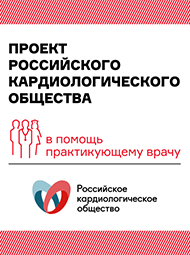L-Carnitine in the Secondary Prevention of Cardiovascular Disease: Systematic Review and Meta-analysis
Objective: To evaluate the effects of L-carnitine compared with placebo or control on morbidity and mortality in the setting of acute myocardial infarction.
Methods: A systematic review and meta-analysis of 13 controlled trials (N=3629) was conducted to determine the effects of L-carnitine vs placebo or control on mortality, ventricular arrhythmias (VAs), angina, heart failure, and reinfarction. These trials were identi?ed via searches of the Ovid MEDLINE, PubMed, and Excerpta Medica (Embase) databases between May 1, 2012, and August 31, 2012.
Results: Compared with placebo or control, L-carnitine was associated with a signi?cant 27% reduction in all-cause mortality (odds ratio, 0.73; 95% CI, 0.54-0.99; P=.05; risk ratio [RR], 0.78; 95% CI, 0.60-1.00; P¼.05), a highly signi?cant 65%reduction in VAs (RR, 0.35; 95%CI, 0.21-0.58; P<.0001), and a signi?cant 40% reduction in the development of angina (RR, 0.60; 95% CI, 0.50-0.72; P<.00001), with no reduction in the development of heart failure (RR, 0.85; 95% CI, 0.67-1.09; P=.21) or myocardial reinfarction (RR, 0.78; 95% CI, 0.41-1.48; P=.45).
Conclusion: Compared with placebo or control, L-carnitine is associated with a 27% reduction in all-cause mortality, a 65% reduction in VAs, and a 40% reduction in anginal symptoms in patients experiencing an acute myocardial infarction. Further study with large randomized controlled trials of this inexpensive and safe therapy in the modern era is warranted.
Source: www.mayoclinicproceedings.org


.jpg)



